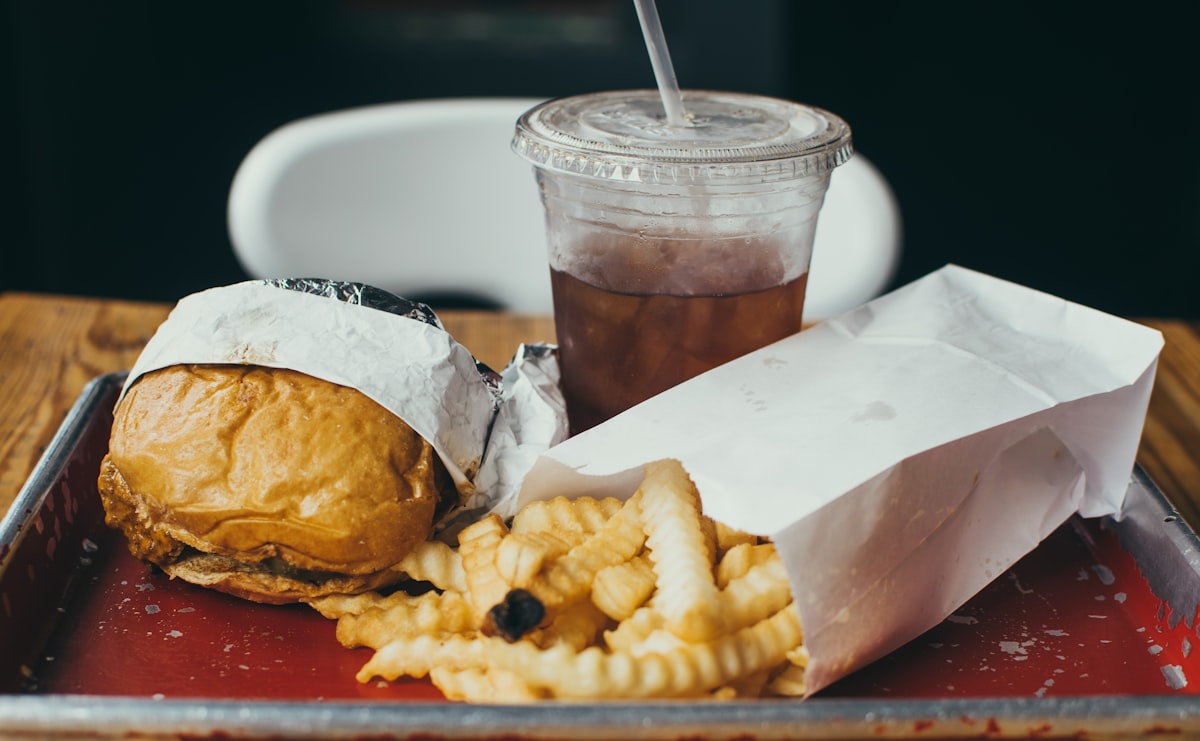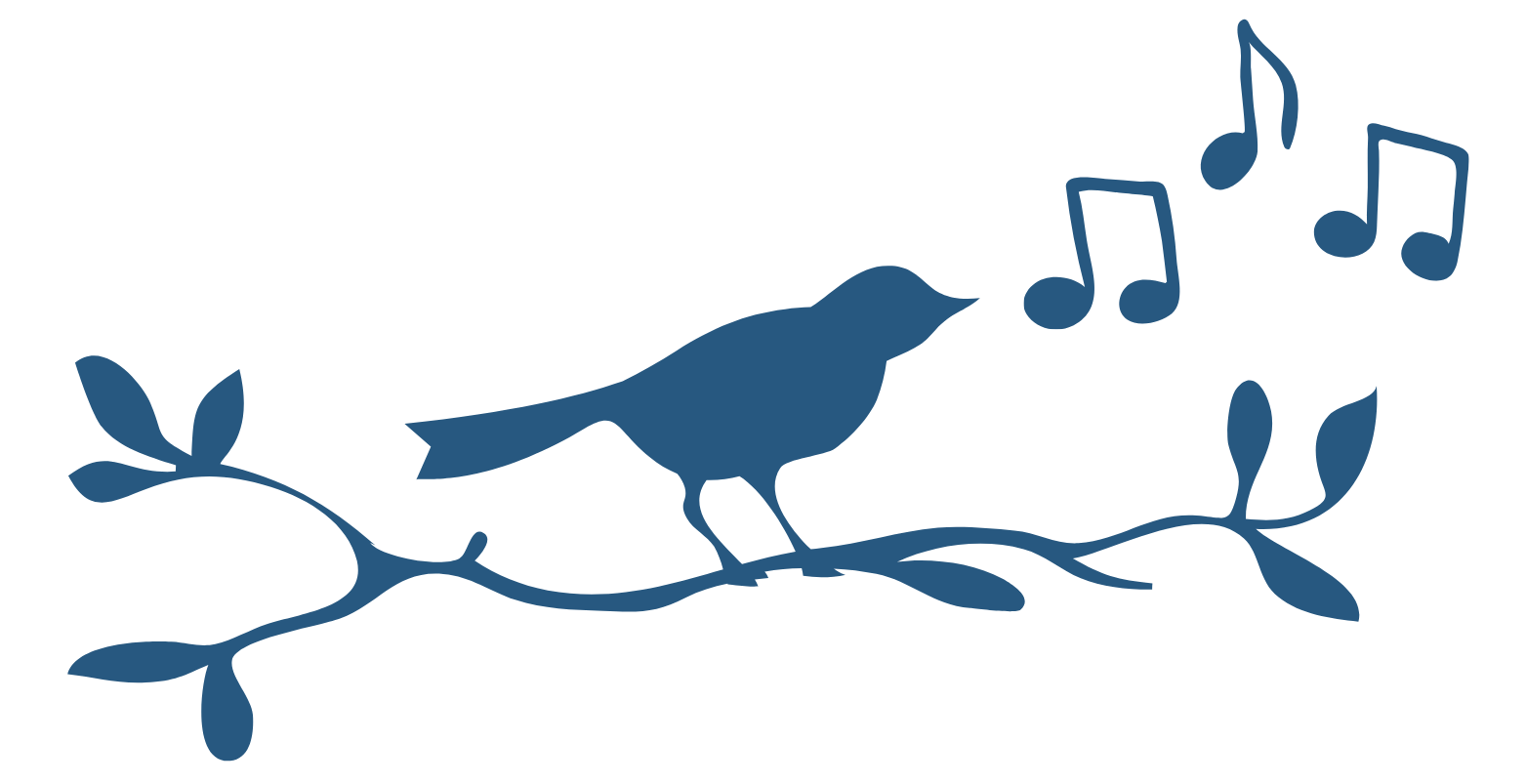6 Foods Singers Should Avoid - Made Simple

Singing to an audience is daunting enough without the added stress of your voice or throat changing on the day. If you have noticed that singing is harder some days than others, it may be due to the foods you are eating. The wrong foods or drinks can change the versatility of your voice and can even increase the chances of damage, which is why I have made this checklist of foods you should avoid.
Dairy products and fatty foods will cause a build-up of mucous in your throat and should therefore be avoided before singing. Caffeine and alcohol should also be avoided as these dry out your throat, leading to damage. Any other food or drinks that are too cold will restrict the throat.
You will find a detailed list of foods included under these main food categories below, as well as which foods to avoid if you suffer reflux. If you have already had a meal or can't avoid eating one of these foods below, I have also included a few tricks to get your through your performance.
1. Dairy Products
Dairy products leave a thicker-than-normal lining of mucous in your throat. This is why you might find yourself clearing your throat more than usual after a big tub of yoghurt or a large cappuccino. Below is a lost of common dairy products that are likely to cause this problem in your throat.
- Cheese
- Milk
- Yoghurt
- Butter (in excess)
- Cream
- Ice-cream
The problem with mucous in your throat is that it will coat the vocal cords and cause your voice to crack at any given time. The air rushing through your throat as you sing will cause the mucous to splutter. This is both uncomfortable and offputting when holding a long note.
Excess mucous will also make you tempted to clear your throat. Every time you clear your throat, you put strain on the vocal cords. Therefore, too much throat-clearing is going to leave your throat damaged and feeling sore, which translates into making it harder to sing!
2. Fatty Foods
Fatty foods have the same effect as dairy - they will cause mucous to build up in your throat. I remember having McDonalds before one of my school performances (the things we do when we're young!), and I remember struggling to even get the first note out because mucous had covered my vocal cords.
Excess mucous before a performance will build up more easily because people generally don't talk while waiting to go on stage. This allows the throat to be coated in a thicker layer of mucous, making it harder to produce sound when you do. This is exactly why your voice can crack if you haven't talked in a while. With that being said, here is a list of common fatty foods that should be avoided.
- Deep fried food (such as hot chips and
- Pastries
- Greasy food (burgers, steaks, etc.)
3. Caffeine and Alcohol
Caffeine and alcohol both dehydrate your body, which will dry out your vocal cords. You may have noticed that you need to use the toilet more often after a few coffees or wines. These drinks act as a diuretic in your body, increasing the amount of urine produced.
Below is a more detailed list of what should be avoided. However, keep in mind that both of these substances can be addictive. If you normally drink 4-6 coffees in a day, then cutting caffeine completely from your diet on the day of your performance is a bad idea. You should instead focus on keeping yourself extra hydrated at the same time.
- Coffee
- Energy drinks
- Coke
- Chocolate (with high cocoa content)
- Alcohol
4. Excess Sugar
Too much sugar creates sticky saliva and extra mucous in the throat. As I mentioned earlier, this may give you a crackly voice and strain your vocal cords from clearing your throat too often. This a mainly an issue with sugary drinks and lollies.
5. Carbonated Drinks
Fizzy drinks such as Coke, Sprite, Pepsi, etc. will all cause a build-up of gas in your stomach. This means that you will need to burp and will feel bloated during your performance. Even mineral or soda water should be avoided. Instead, try to drink room-temperature water.
6. Other Cold Food and Drinks
Cold food and drinks will restrict your throat. This is because the muscles in your throat will tense up, just like any other muscle, when exposed to the cold. A warm throat will be able to produce louder sounds and have a wider range, so it is best to avoid having anything too cold before you sing so that you can use the full potential of your voice.
What if I Accidently Consume These Foods?
Don't worry, I know it's not easy to eat like a saint before each performance. Over time and after many cheeky snacks before a performance, I have learned a few tricks to overcome the problems mentioned above.
That being said, let's not make this a habit - you need to look after your voice and poor eating can cause damage.
Tip #1 - Hold Back Excess Mucous
Don't clear your throat. Swallow the mucous instead and keep humming.
You probably won't be using your voice much while waiting for your cue to sing. For every second you don't use your voice, the mucous coats your vocal cords more and more.
Make sure to swallow and hum a note when you can, particularly right before you sing. This will clear a path through the vocal cords so your first note is clear and doesn't crack.
Tip #2 - Rehydrate a Dry Throat
Use a vocal steamer before your performance to rehydrate your throat.
Even if you don't feel thirsty, chances are that your vocal cords need more moisture to work properly if you've had foods that have left you dehydrated. Unless you've been drinking water all day to combat the dehydration, this trick is a handy 'quick fix' that you can do leading up to your performance.
Tip #3 - Warm up Your Throat
Stay in a warm area and use a vocal steamer to keep your throat warm.
You can see why a vocal steamer is a singer's best friend. Not only does it rehydrate your vocal cords, but it can also warm your throat up as well. If you don't have a vocal steamer, simply pour yourself a cup of hot water and breath in the steam.
Foods to Avoid if You Suffer from Reflux
Reflux is another issue that some singers may struggle with. This involves stomach acid travelling up the esophagus after a meal. This acid can burn the esophagus and vocal cords, causing pain and discomfort, and potentially causing damage to your singing voice.
If this is something that you suffer from, below is a list of foods that your should consider avoiding before singing as well.
- Acidic food (such as vinegar, citrus fruits, tomatoes, etc.)
- Spicy food
- Dairy (see above)
- Fried/greasy food
